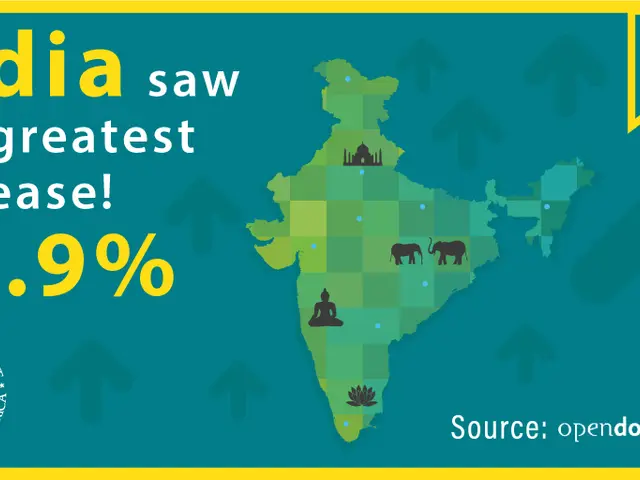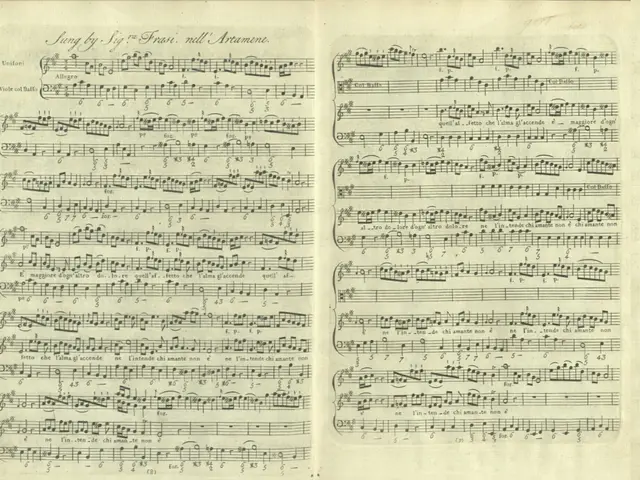War Victim Compensation Expands in Bavaria: A Look at the Numbers
Around 3,100 individuals identified as war victims awarded financial reparations. - Over 3,000 individuals received compensation due to conflicts.
In Bavaria, a whopping 3,100 individuals were granted care services as war victims by the end of 2024. The Center for Family and Social Affairs (ZBFS) in Bayreuth announced this, highlighting that not only those directly affected by the world wars, but also those with aftereffects of war due to undetected or unexploded mines, grenades, or bombs are eligible for this support.
On a personal note, the oldest war victim in Bavaria was a remarkable 105 years old, the oldest orphan a resilient 97, and the oldest widow an inspiring 108. Norbert Kollmer, president of ZBFS, revealed these figures.
In 2024, a staggering 34.2 million euros were paid out as compensation under the Fourteenth Social Code, previously known as the war victims' care. This comes just a day before the May 8th celebration, marking 80 years since the liberation from National Socialism and the end of World War II in Europe.
- Bavaria
- Bayreuth
- Compensation
If you're curious about the historical context and criteria surrounding war victim compensation in Germany, here's a brief overview:
Historically, the post-war challenges included recognizing and supporting survivors of Nazi persecution—those affected for political, religious, or racial reasons. Figures like Philipp Auerbach, a survivor of Buchenwald, played a critical role in advocating for victims and establishing early compensation criteria and systems in Bavaria. Although controversial, his efforts laid the groundwork for further development in the field.
Over time, national and international compensation agreements were made, with survivors receiving financial restitution and legal recognition. Criteria for compensation evolved based on political and social changes, and the mechanisms for providing aid became more structured with clearer eligibility criteria and administrative processes.
Today, compensation in Bavaria extends to various groups, including individuals persecuted by the Nazi regime, survivors of concentration camps and forced labor, and Displaced Persons (DPs). Aid often takes the form of basic necessities such as food, shelter, and medical care, as well as financial restitution in the form of lump sums or pensions.
- Bavaria's Landmark War-Victim Cases:
- Oldest Victim: 105 years old
- Oldest Orphan: 97 years old
- Oldest Widow: 108 years old
- Key Advocates:
- Philipp Auerbach, Bavarian State Commissioner for Racially, Religiously, and Politically Persecuted Persons
- Survivor organizations
- Challenges:
- Political opposition
- Administrative hurdles
- Evolving recognition of victimhood
- The oldest war victim in Bavaria, at the age of 105, was reported by the Center for Family and Social Affairs (ZBFS) in Bayreuth.
- The city of Bayreuth in Bavaria played a significant role in advocating for war victims and establishing early compensation criteria and systems.
- Philipp Auerbach, a survivor of Buchenwald, was a key advocate for victims in Bavaria, playing a critical role in establishing early compensation criteria and systems.
- Compensation in Bavaria extends to various groups, such as individuals persecuted by the Nazi regime, survivors of concentration camps, forced labor, and Displaced Persons (DPs).








